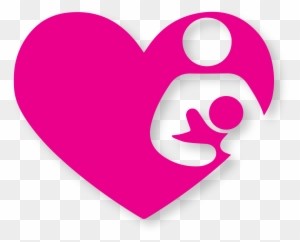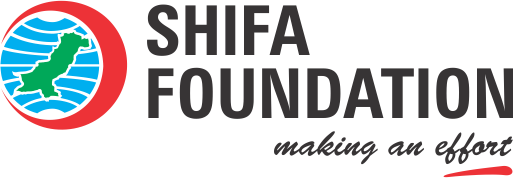NOURISHING BOND – THE IMPORTANCE OF BREASTFEEDING

Breastfeeding, a natural process that has sustained humanity for centuries, is much more than just a means of providing nourishment to infants. It is a beautiful and vital act of love and care that benefits both mother and child. The World Health Organization (WHO) and various medical professionals strongly recommend exclusive breastfeeding for the first six months of a baby’s life, followed by continued breastfeeding alongside the introduction of complementary foods for at least two years. In this blog, we delve into the essential importance of breastfeeding for the health and well-being of both babies and mothers.
- Optimal Nutrition for Babies
Breast milk is a unique and remarkable substance, tailored to meet the specific nutritional needs of infants. It contains the perfect balance of proteins, fats, vitamins, and minerals, aiding in the development of a strong immune system and healthy growth. Moreover, breast milk contains antibodies that help protect babies from infections and diseases, reducing the risk of illnesses such as respiratory infections, ear infections, and gastrointestinal problems.
- Bonding and Emotional Connection
Breastfeeding fosters an extraordinary emotional bond between the mother and her baby. The physical closeness and skin-to-skin contact during breastfeeding release oxytocin often referred to as the “love hormone.” This hormone promotes feelings of affection, trust, and relaxation, contributing to the deepening of the mother-child relationship.
- Long-term Health Benefits for Babies
Breastfed babies have a reduced risk of developing chronic health conditions later in life. Studies have shown that breastfeeding lowers the likelihood of obesity, type 1 and type 2 diabetes, asthma, allergies, and certain childhood cancers. The long-term health benefits of breastfeeding lay a solid foundation for a healthier future.
- Benefits for Mothers
Breastfeeding not only benefits babies but also has positive effects on mothers’ health. It helps the uterus contract and returns to its pre-pregnancy size faster, reducing postpartum bleeding. Additionally, breastfeeding lowers the risk of breast and ovarian cancers, as well as osteoporosis later in life.
- Cost-effectiveness
Breastfeeding is a cost-effective way of nourishing a baby. Unlike formula feeding, it is virtually free and eliminates the need to spend money on expensive formula, bottles, and other feeding accessories.
- Empowerment and Support
Promoting breastfeeding empowers mothers by giving them the confidence to care for their babies and meet their needs naturally. Communities and workplaces can play a crucial role in supporting breastfeeding mothers by providing private and comfortable spaces for breastfeeding or expressing milk and flexible work arrangements.
Breastfeeding is a profoundly important practice that benefits both infants and mothers in numerous ways. Its significance extends beyond mere nutrition, as it promotes emotional bonding, enhances the child’s immune system, and contributes to lifelong health benefits. By understanding and supporting the importance of breastfeeding, we can create a nurturing environment that empowers mothers and ensures the healthy development of our future generations. Let us celebrate this natural act of love and care, acknowledging its far-reaching impact on the well-being of our society as a whole.
DONATE VIA BANK ACCOUNT
Bank Name: Al Baraka Bank
Account Title: Shifa Foundation – HAP
Account: 01101-55388-059
Bank Name: Faysal Bank
Account Title: Shifa Foundation
Account: 0169150900218363
Zakat Account
Bank Name: U MICRO FINANCE BANK
Account Title: Shifa Foundation
IBAN: PK93UMBL0051000062540066 Branch Code: 510 (Rawalpindi Branch)
DONATION METHODS
- 2025 Shifa Foundation All Rights Reserved.

